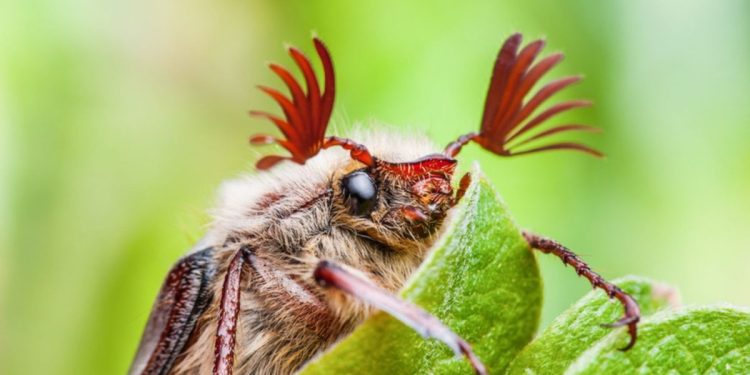#SaveTheCrops #CockchaferControl #AgriculturalPests #SustainableFarming #CropProtection
Cockchafers, or Melolontha spp., are beetles that belong to the family Scarabaeidae. These insects are notorious for their ability to cause significant damage to crops, particularly to grasslands and cereals. Farmers and agricultural landowners have long struggled to control these pests, which can destroy entire fields of crops in a matter of weeks.
The development of these insects follows a life cycle of several years, during which they exist as larvae and feed on the roots of plants, causing significant damage. In the adult stage, cockchafers feed on the leaves of trees, shrubs, and crops, leading to further damage. In addition to the direct damage caused by their feeding habits, cockchafers also attract predators such as birds and rodents that can cause additional harm to crops.
Despite the significant economic impact that cockchafers have on agricultural lands, few effective solutions for control and eradication exist. Some farmers turn to chemical pesticides, but these can have negative consequences on the environment and human health. Biological control methods, such as the use of natural predators or parasites, are also being explored but have yet to be widely implemented.
The consequences of continued damage to crops by cockchafers are severe. In addition to the economic impact on farmers and landowners, reduced crop yields can lead to food shortages and price increases for consumers. Moreover, the loss of vegetation in grasslands and forests can lead to erosion, soil degradation, and biodiversity loss.
Therefore, it is essential to increase research efforts and develop more sustainable methods for controlling cockchafers and preventing damage to agricultural lands. In addition, farmers and landowners must be educated about the life cycle and behavior of these pests to better understand and manage the risks associated with their presence.




